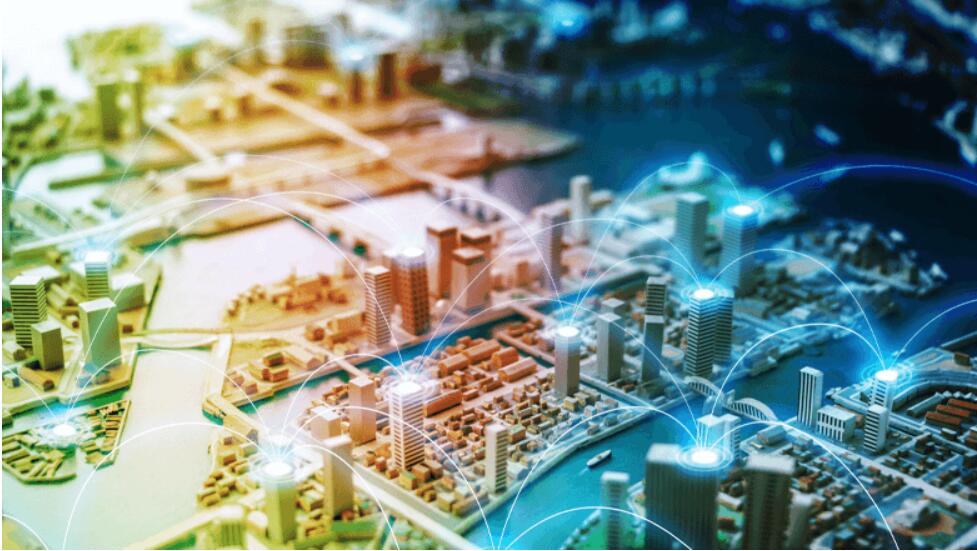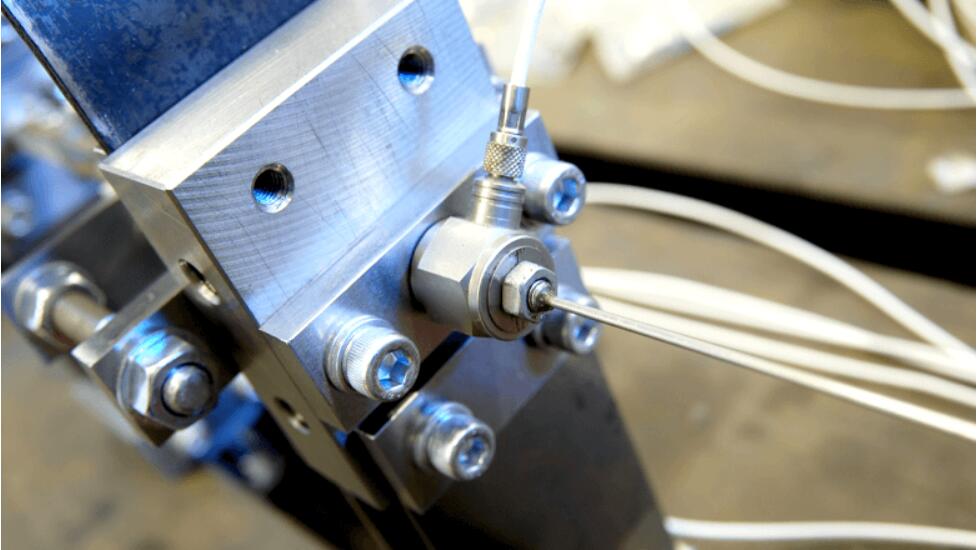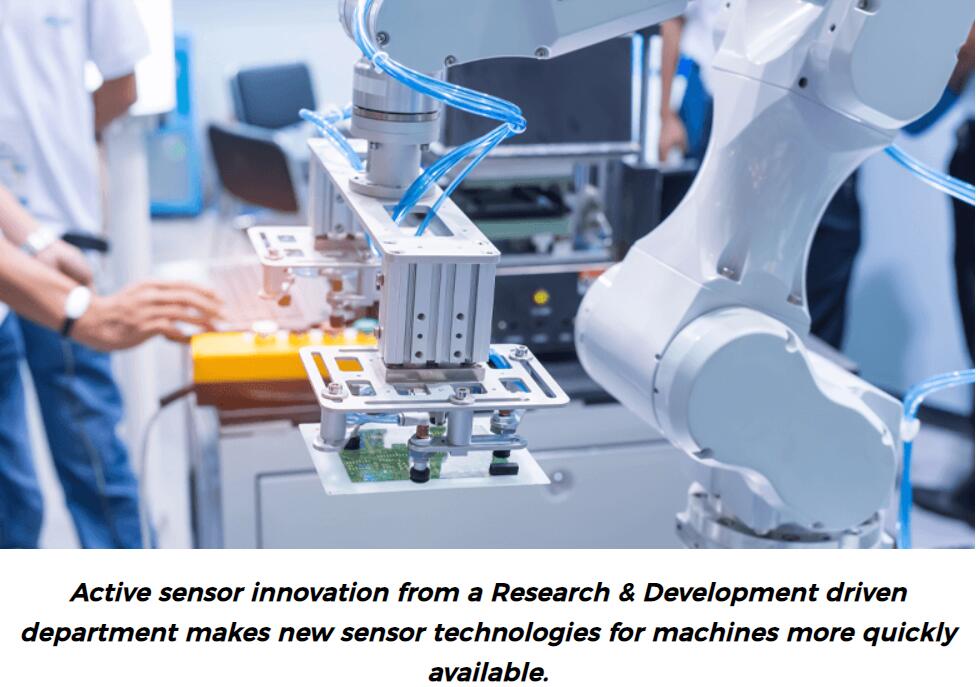
Sensors in the future will be more intelligent and measure more accurately. Sensor technology is the foundation within machine applications. An (R&D) Engineer without the right knowledge about sensors will find it extremely challenging to successfully implement new sensor technologies! What can you expect in the future for sensors? Our list of 21 technology trends in sensor applications will provide you with a complete picture.
For your issue, it is becoming increasingly unclear which type of sensor is available for your specific situation. You face challenges and issues at the component level that you need help resolving. This article describes, amongst other things, what’s what about smart sensors, sensor data fusion, and the most important development objectives.
Why is the demand for smart sensors growing?
Our need for new knowledge is growing and this knowledge helps provide you with more options for making decisions. Reacting faster allows processes to become more effective and more efficient. So, you achieve more with less effort. We always strive toward more efficiency.
Previously, we did not focus on measurement, but on cost savings. This is now possible due to the transition we have made from a world with primarily mechanical measurement principles to a digital era with sensor technology. This has directly led to us expecting more from ourselves and our machines.
Digitization has had a positive impact on, amongst other things, costs, quality, and production lead time. We want to produce more, more quickly. This provides us with more time to engage in other activities. And this is why the demand for intelligent sensors is growing.

The demand for smart sensors continues to grow because we increasingly
want to measure more.

Sensor trends in future applications
Smarter, more accurate, quicker, wireless, safer, self-learning, smaller, standardized, etc. Many sensor developments are underway that involve all of these points. As an (R&D) Engineer in the coming years, you can expect it to be more challenging to keep up to date on all developments and possibilities. You can use this list of 21 intelligent sensor applications to fine tune your expectations to your projects.
Sensor innovation and increasingly quicker development of sensor fusion at the chip level will lead to:
Predictive maintenance for machines and devices will become increasingly more efficient, easier, cheaper, and improve uptime. In the future, maintenance will rely on sensors instead of being carried out according to a needs-based timetable.
Safety will also improve because unsafe situation will be easily predicted.
Automomous sensor technology will become possible. Wireless connections over long distances with an integrated power supply.
Sensors will be self-learning over the entire lifespan without maintenance, modifications, or calibration.
The possibilities and areas of application for robot technology will increase significantly.
Old and new technologies at the chip level are arising. More will be possible with sensor fusion because transmitters, receivers, and printed circuit boards are increasingly smaller.
More complex detection will be possible… technologies will counterbalance each other.
Sensors will increasingly provide a better understanding of our behavior. This will lead us to set other requirements with respect to air quality, travel, automobile
maintenance, lifestyle, insurance, energy consumption, etc.
Fully automated management of livestock is possible. Precision agriculture will also be within reach.
Farmer's yields will improve so much that they will be better able to compete with high quality and crop yields. Sensors will be increasingly used to research soil quality, climate, crops, diseases, plagues, and weeds.
Farmer’s (production) costs will be lower and working conditions will improve in the fields and stalls.
New lidar systems will equip autonomous vehicles with real vision.
Soccer balls will be fitted with sensor technology.
We will use synthetic sensors.
Cities will become more intelligent and we will be able to ‘complete’ the ecosystem. For example, flood management, air quality, blue alga, parking, safe playgrounds, monumental trees will survive, and soil conditions will improve.
Components will take over the role of human senses. Data will become more reliable and collected continuously. Data will be converted into useful information using intelligent software and algorithms.
We will increasingly make more decisions ourselves based on sensor information that we ourselves collect. We will no longer leave things to chance.
We will encounter sensor technology in every aspect of our lives.
We will use more sensors to improve the environment, improve energy management, and build green office buildings.
Sensors will be well-integrated measurement modules that are easy to use and can be rapidly adjusted to the application being used.
Sensors will become real ‘smart sensors’: intelligent measurement units that self-monitor, transmit status diagnoses to the operating system, and create a reliable network of measurement and calibration data.
Resource:https://www.sentech.nl/en/rd-engineer/21-sensor-technology-future-trends/







 Focus on us
Focus on us